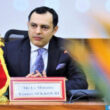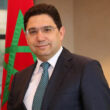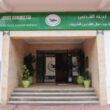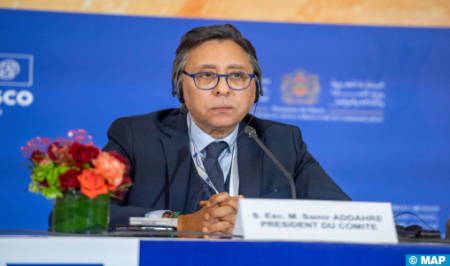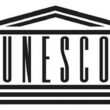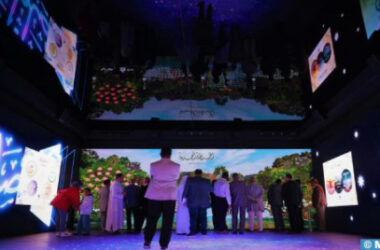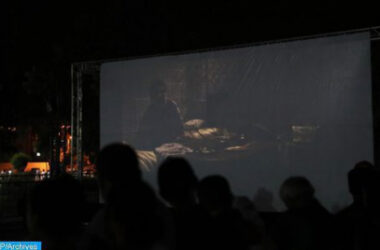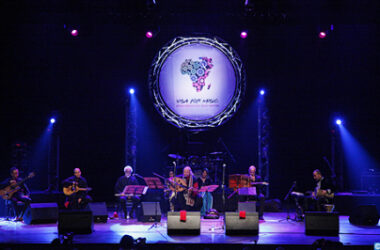These statements came during a press conference marking the opening of the 17th UNESCO Intergovernmental Committee for the Safeguarding of the Intangible Cultural Heritage, held in Rabat from December 28 to 3.
On this occasion, Morocco’s Ambassador and Permanent Delegate to UNESCO Samir Addahre highlighted digitization as a “major challenge” that will bring the intangible cultural heritage of young people and involve them in actions aimed at its safeguarding and transmission.
The importance of this digital dimension was highlighted by the Royal message addressed to the participants in this session and which was read earlier in the morning at the opening of the work of this world conclave, noted Addahre, who chaired the Committee.
In this respect, he further added that “the issue of digitization is on the agenda of the Committee and, although it has not yet reached an advanced stage, we are working on it and we hope that a stronger impetus will be given from Rabat.”
The ultimate goal is that young people take up the cause of intangible cultural heritage, which is of a “broader and more complex” nature than tangible heritage, since it incorporates several dimensions and disciplines, including culture, history, anthropology, traditions, etc., insisted the Ambassador.
In turn, Ernesto Ottone Ramírez, Assistant Director-General for Culture of UNESCO, stressed the need to develop this concept of “digital heritage” which is more likely to interest young people “by speaking the language they master best, that of new technologies.”
He reviewed, in the same context, some pilot projects developed by UNESCO in various parts of the world for the creation of an online educational platform incorporating data and documents relating to elements of tangible and intangible heritage.
In today’s world, the meteoric evolution of new information technologies and communication opens wide prospects for education in intangible heritage and transfer of knowledge that will be “a building site of the future,” noted the UN official.
He also said he was “delighted” to be in Morocco to take part in this great event where “the richness of the living heritage of humanity unfolds in all its wealth and splendor.”


